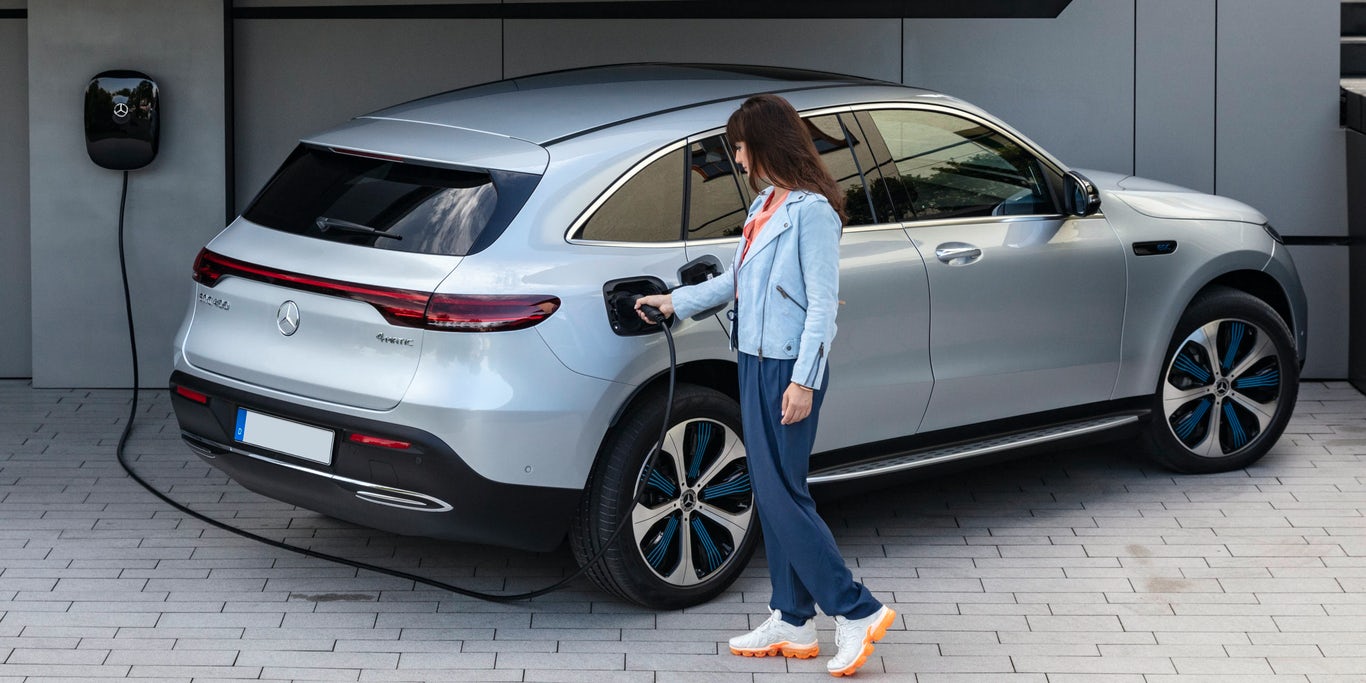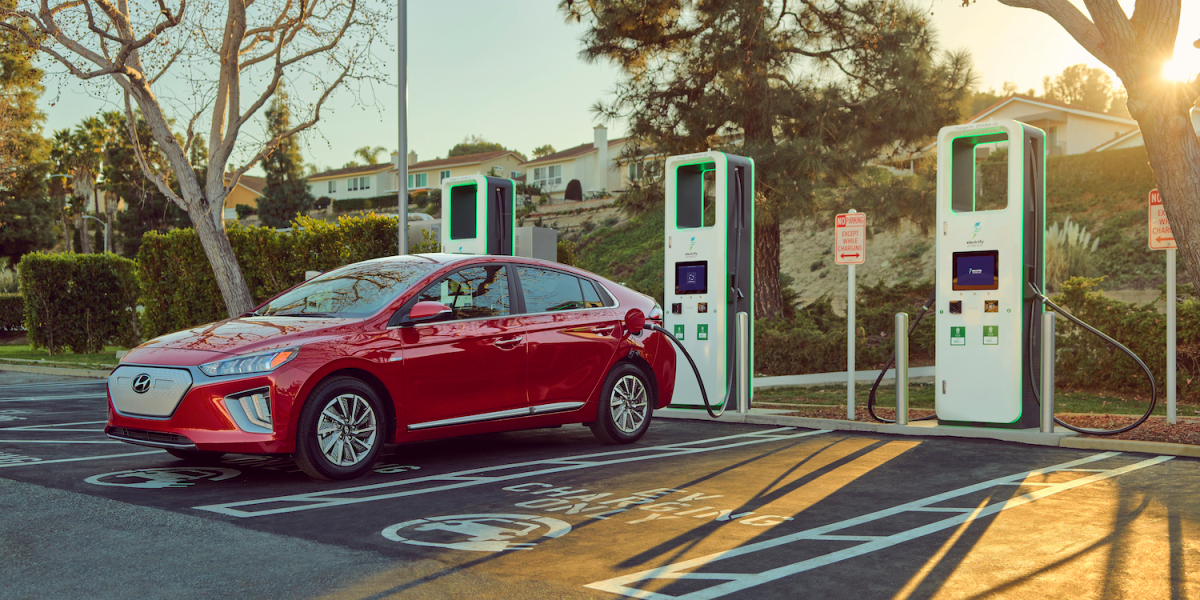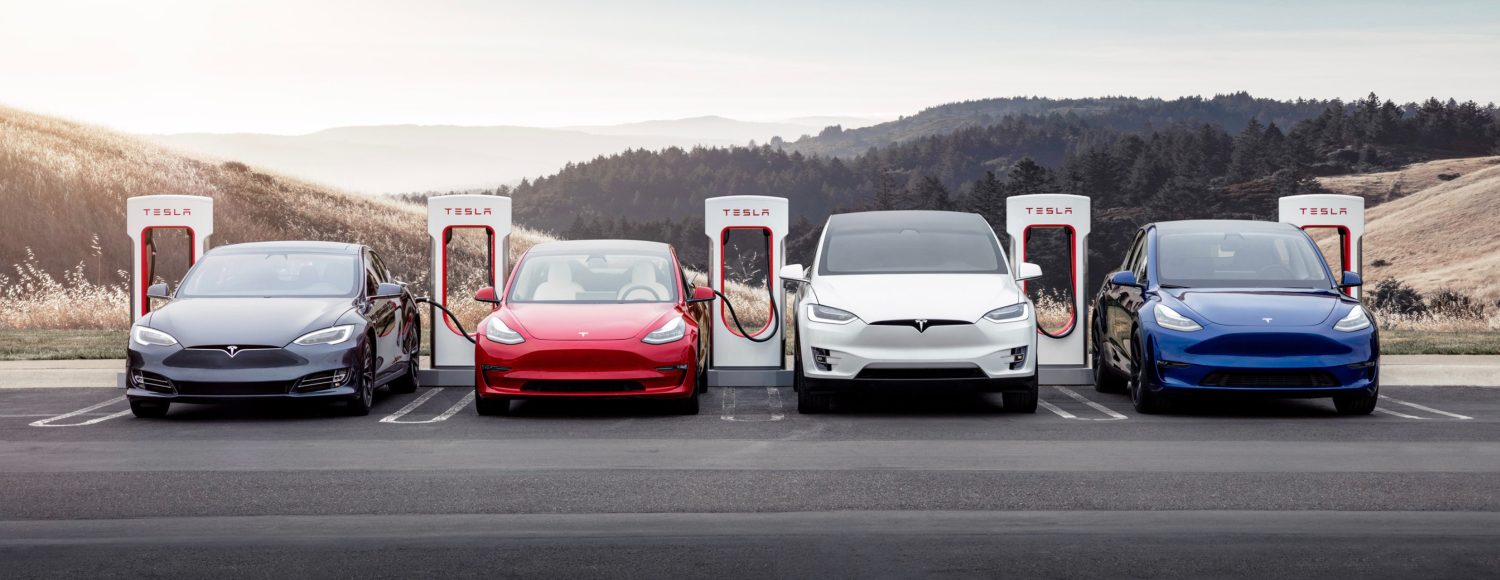The reduced day-to-day operational costs is one of the most enjoyable features of switching to an electric car. That's because charging a battery is far less expensive than filling up a petrol or diesel car's tank.
It's also easier to calculate how much a fossil-fuel car will cost to fill up based on what your local gas station is charging, whereas figuring out how much it will cost to charge an electric car can be a little more difficult. That's where we come in; if you're not sure how much it will cost you to run an electric vehicle, this helpful guide will help you figure it out.
What is the cost of charging an electric car at home?
You'll need to invest in a wallbox charger to charge your electric car successfully at home, but the long-term payoff will be well worth it if you're making the switch to electric for good.
One solution is to purchase a wallbox from a specialist company, with various prices from £400 to £1,500 depending on the charger's power output. On top of that, you'll have to pay installation expenses.
If you buy a new electric car, though, you could be able to get a wallbox for less money from the manufacturer, or maybe have it included in the price. When selecting your next car, look over the options list and see if you can negotiate with the dealer to get the charger included in the price if it isn't already included.
Even better, the government has a program that can help you save a lot of money on a home charger for your electric car. The Electric Vehicle Home charge Scheme (EVHS) can provide you with a grant of up to 75% of the cost of a charging station. However, it is only applicable to specific types of chargers, so if you're confused, speak with your supplier.
However, once you're set up with a charger, you'll be able to enjoy the benefits of an electric car right away. The normal cost of power in the UK is around 14p per kWh (kilowatt hour), which means a 40kWh Nissan Leaf battery would cost around £5.60 to completely charge, enough for 168 miles.
In the United Kingdom, the average price of fuel is around £1.20 per liter. If you drive 168 miles in a petrol car that gets 50 fuel economy, you'll pay around £18.36. It's easy to understand where the cost savings come from right away.
However, that is based on an average electricity price, so now is a good time to shop around for a new electricity plan to see if you can save even more money. Some suppliers even have tariffs made specifically for EV drivers, so it's worth asking about these.
What is the cost of charging an electric car at a public charging station?
Charging your car at a public location is a little more complicated, with pricing and charging rates changing significantly, but with a little understanding, you can keep those cost savings going.
The majority of public charging stations charge a fee, however some are free. These are most typically found at supermarkets (perfect for a bit of free electricity while you shop), but they can also be found in hotels, city centers, and other locations.
There is frequently a connection fee for those that cost. This varies depending on the company and the type of charger, but it should only be a few dollars, after which you'll be charged per kWh consumed.
While out and about, you're most likely to come across 7kW chargers, which are the most cost-effective options. Rapid chargers are more expensive, but they charge your car more faster, making them excellent if you're in a need.
Some suppliers need you to create an account with them and load money into it, similar to an Oyster card, before deducting money from this balance as you charge up. However, more companies are starting to provide pay-as-you-go options, allowing you to pay with a non - contact debit or credit card.
What is the cost of charging an electric car on the highway?
Similarly to how filling up a petrol or diesel car costs more at a highway service station, charging an EV there costs more than charging it at public locations around town. Connection fees are becoming less common, while the price-per-kWh is rising.
Motorway service stations, on the other hand, tend to have more rapid chargers than anywhere else, so you'll get a good return on range for your money while you consume an overpriced coffee and a sandwich. Keep in mind that some chargers have time limits for use in order to keep them available for other EVs.
If you already own a Tesla, you can now find a Supercharger at about every service station. These are the quickest ways to charge an electric car, with 150kW points capable of charging a battery from empty to full in under 40 minutes for the most recent models.
Prices for Superchargers vary, so double-check before plugging in. Older models come with free Supercharger use, however the manufacturer no longer offers it on cars built after 2016, instead limiting it to a fixed number of mileage credits or free charge hours per year.
It's also important to note that if more than half of the cabinets are in use and you've left a fully charged car plugged in, Tesla will charge you an idle fee. At the moment, you can't use anything other than a Tesla at these chargers, though that may change in the future.







0 Comments